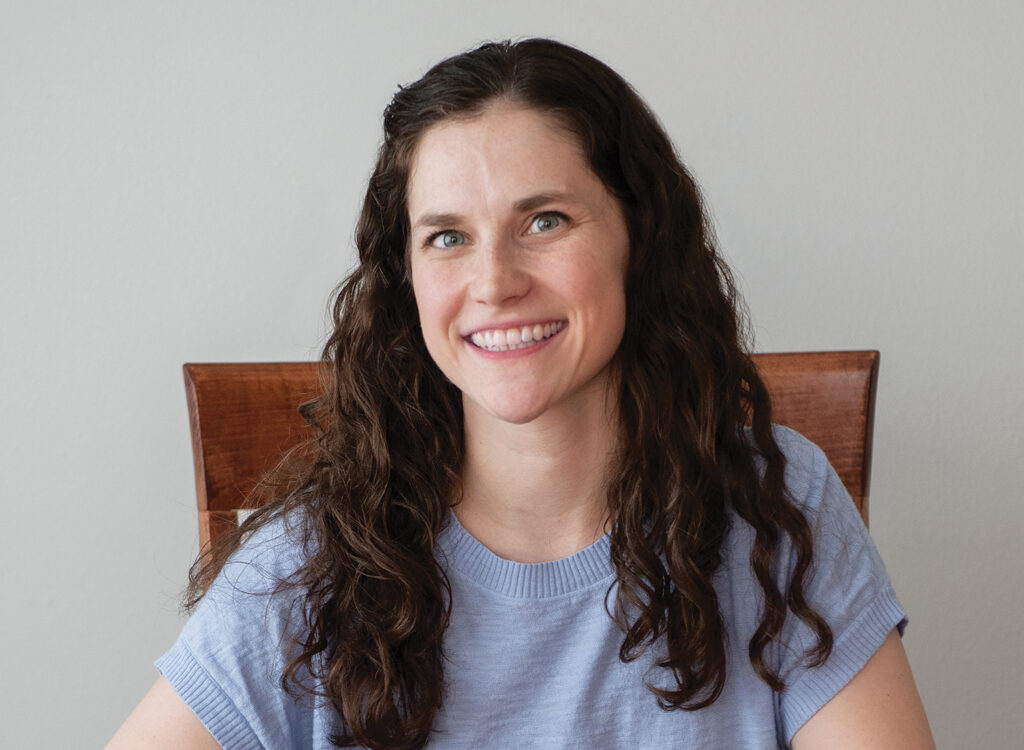NOTEBOOK: What should companies know when working with a startup pilot?

KATE HAYDEN Aug 10, 2021 | 6:38 pm
2 min read time
456 wordsBusiness Record Insider, Innovation and Entrepreneurship, The Insider NotebookPart of every high-growth startup’s story is the mentors and organizations that helped founders put their products to the test — a short-term pilot program, in collaboration with an organization that fits the profile of the startup’s ideal future clients.
Taking on a pilot project with an early-stage startup is not without responsibility on the part of organizations, though. What should businesses know before they sign on?
We spoke with two-time startup founder Alan Wilson-Langman, who joined the Iowa AgriTech Accelerator with his former company Sigma0. In 2019, Wilson-Langman had been trying to build as wide a network as possible to connect his early-stage startup to parties that would support further research.
“The hope was to extend that and grow. In large organizations you might have the buy-in from some middle management or midlevel researchers, but you really need to have the buy-in from as high up as possible to support this type of innovation,” Wilson-Langman said.
Through the accelerator, Sigma0 established multiweek partnerships with Corteva Agriscience and PowerPollen to study how the startup’s radar sensor technology could be used to measure crop growth, analysis and management for agricultural companies.
“We were working with researchers to solve some of the challenges that they had — one of them was measuring remote moisture of crops,” Wilson-Langman said. “Early research is really critical to help you move it through the pipeline and bring a more commercial side of the business.”
As a founder, Wilson-Langman said that collaborating with larger companies brought credibility and practical resources, including space for field studies, to Sigma0.
“They had a deep understanding of the problem from an agricultural perspective that could demonstrate what we needed to show,” Wilson-Langman said.
Early-stage startups are challenging for established businesses, but businesses that get involved in pilot projects should be aware of what they can provide to those startups, he added.
“There needs to be a bit of altruism,” Wilson-Langman said. “I think there is a responsibility of a company, if you want to get involved, to be able to assist, mentor a company and help them grow. There needs to be people who are involved with the startups … to be empowered to create the value.”
Ultimately, Sigma0 shut down in 2020, Wilson-Langman said.
“The biggest lesson we had is if we had the technology in a better state … on a platform where we could do more measurements, I think that would’ve been a lot better,” he said. “Our technology was more of a general platform. There were lots of opportunities — and still are — but I think if you want to get the best out of it, be past that stage, and have a clear product solving a pain point for that organization.”










